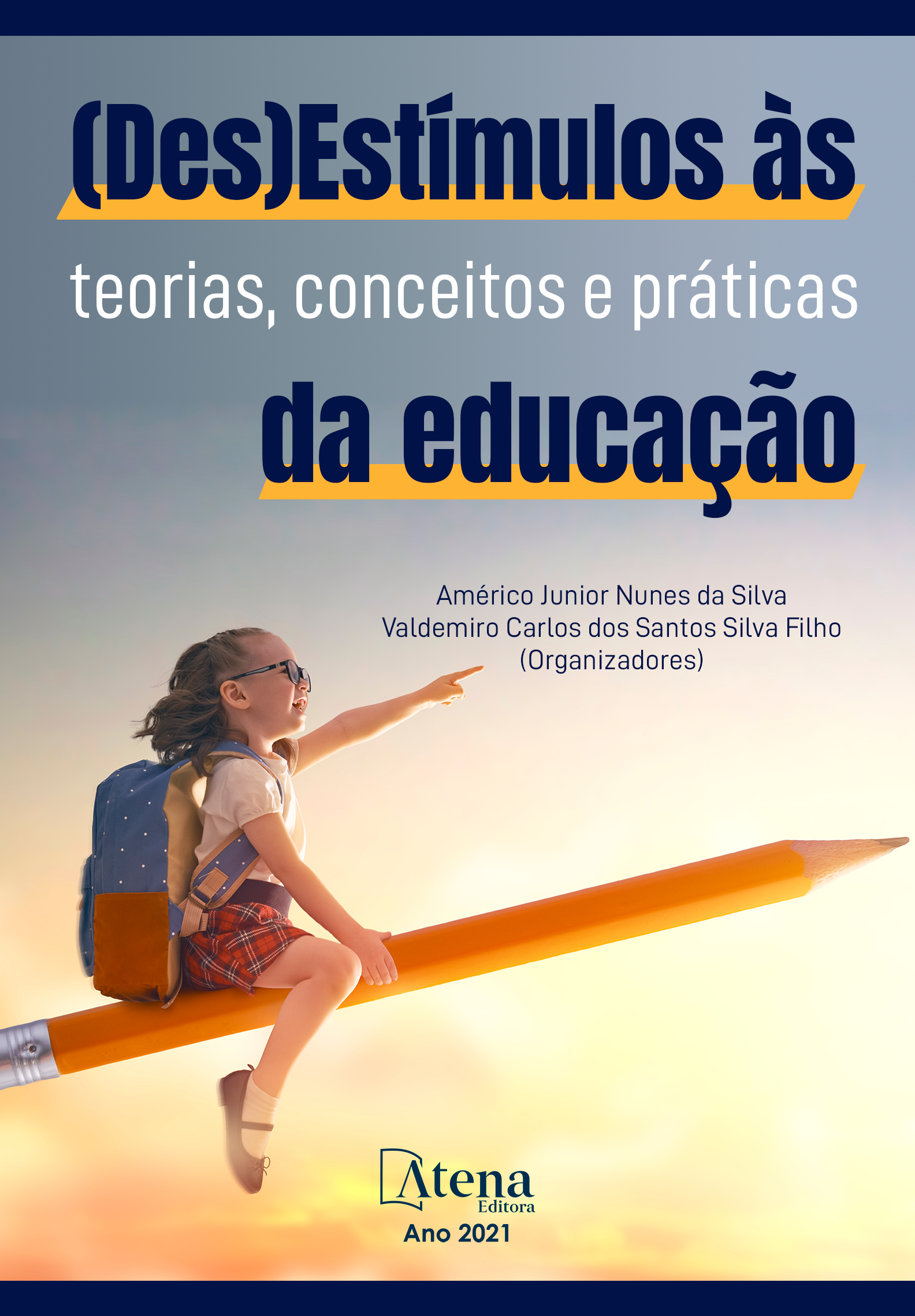
O CURRÍCULO NA EDUCAÇÃO ESPECIAL EM UMA PERSPECTIVA INCLUSIVA.
A educação brasileira atualmente passa por uma de suas maiores mudanças, no que diz respeito a sua estrutura e funcionamento. Em 1996, a promulgação da Lei de Diretrizes e Bases Da Educação Nacional, (9394/96), pela primeira vez instituiu um capítulo específico sobre a educação especial. Rumores nos mostram mudanças que nos assustam, a exemplo, a possível aprovação da Base Nacional Comum Curricular (BNCC), a reforma do ensino médio dentre outras e nenhuma dessas dão ênfase a educação especial em uma perspectiva inclusiva. Frente a esse cenário, dissertamos sobre o processo de inclusão das pessoas surdas nos espaços de Educação Regular. Nesse sentido nosso sujeito de pesquisa foi: o aluno surdo na escola regular e o currículo em uma perspectiva inclusiva. Neste percurso almejamos os seguintes objetivos: Refletir historicamente sobre as pessoas com deficiência, bem como os documentos legais e referenciais relacionados ao tema; discutir a formação inicial e continuada nas escolas regulares; analisar se o currículo proposto pelo sistema educacional vem contribuindo para o processo de inclusão na diversidade; discutir sobre a importância da educação bilíngue português/libras nas escolas inclusivas; observar se a legislação está sendo cumprida nas práticas pedagógicas da escola frente ao aluno inclusivo; refletir sobre as barreiras que impedem a escola de ser efetivamente inclusiva. Nosso referencial teórico versou em autores que discutem a educação, a formação docente, a constituição do currículo voltado à inclusão de surdos, a formação do tradutor intérprete de língua de sinais, bem como sua atuação junto aos estudantes surdos matriculados na escola comum. Nossa opção foi pela pesquisa qualitativa, bibliográfica e documental, uma vez que lançamos mão de documentos oficiais como: decretos, leis, resoluções, conferências, diretrizes e outras. Nossas considerações finais nos mostraram que é preciso investir maciçamente na formação inicial e continuada dos atuais e novos professores, uma vez que esses se mostram inseguros para atuarem nas escolas, onde se registra a matrícula de estudantes com deficiência, nesse caso em especial os estudantes surdos.
O CURRÍCULO NA EDUCAÇÃO ESPECIAL EM UMA PERSPECTIVA INCLUSIVA.
-
DOI: https://doi.org/10.22533/at.ed.48121020817
-
Palavras-chave: Formação docente, Inclusão de surdos, Currículo, Políticas Inclusivas.
-
Keywords: Teacher education, Inclusion of the deaf, Curriculum, Inclusive Policies.
-
Abstract:
Brazilian education currently undergoes one of its biggest changes, with regard to its structure and functioning. In 1996, the enactment of the National Education Guidelines and Bases Law, (9394/96), for the first time instituted a specific chapter on special education. Rumors show us changes that frighten us, for example, the possible approval of the National Common Curricular Base (BNCC), the reform of high school, among others, and none of these emphasize special education in an inclusive perspective. Faced with this scenario, we talked about the process of inclusion of deaf people in the Regular Education spaces. In this sense, our research subject was: the deaf student in regular school and the curriculum in an inclusive perspective. Along this path, we aim at the following objectives: To reflect historically on people with disabilities, as well as legal and referential documents related to the theme; discuss initial and continuing training in mainstream schools; analyze whether the curriculum proposed by the educational system has contributed to the process of inclusion in diversity; discuss the importance of bilingual Portuguese / pounds education in inclusive schools; observe whether the legislation is being complied with in the school's pedagogical practices towards the inclusive student; reflect on the barriers that prevent the school from being effectively inclusive. Our theoretical framework involved authors who discuss education, teacher training, the constitution of the curriculum focused on the inclusion of deaf people, the training of sign language interpreter translators, as well as their work with deaf students enrolled in the common school. Our option was for qualitative, bibliographic and documentary research, since we used official documents such as: decrees, laws, resolutions, conferences, guidelines and others. Our final considerations showed us that it is necessary to invest massively in the initial and continuing training of current and new teachers, since they are insecure to work in schools, where enrollment of students with disabilities is registered, in this case especially deaf students.
-
Número de páginas: 14
- Vanderlei Balbino da Costa
- Déborah Nogueira Araújo e Pio


